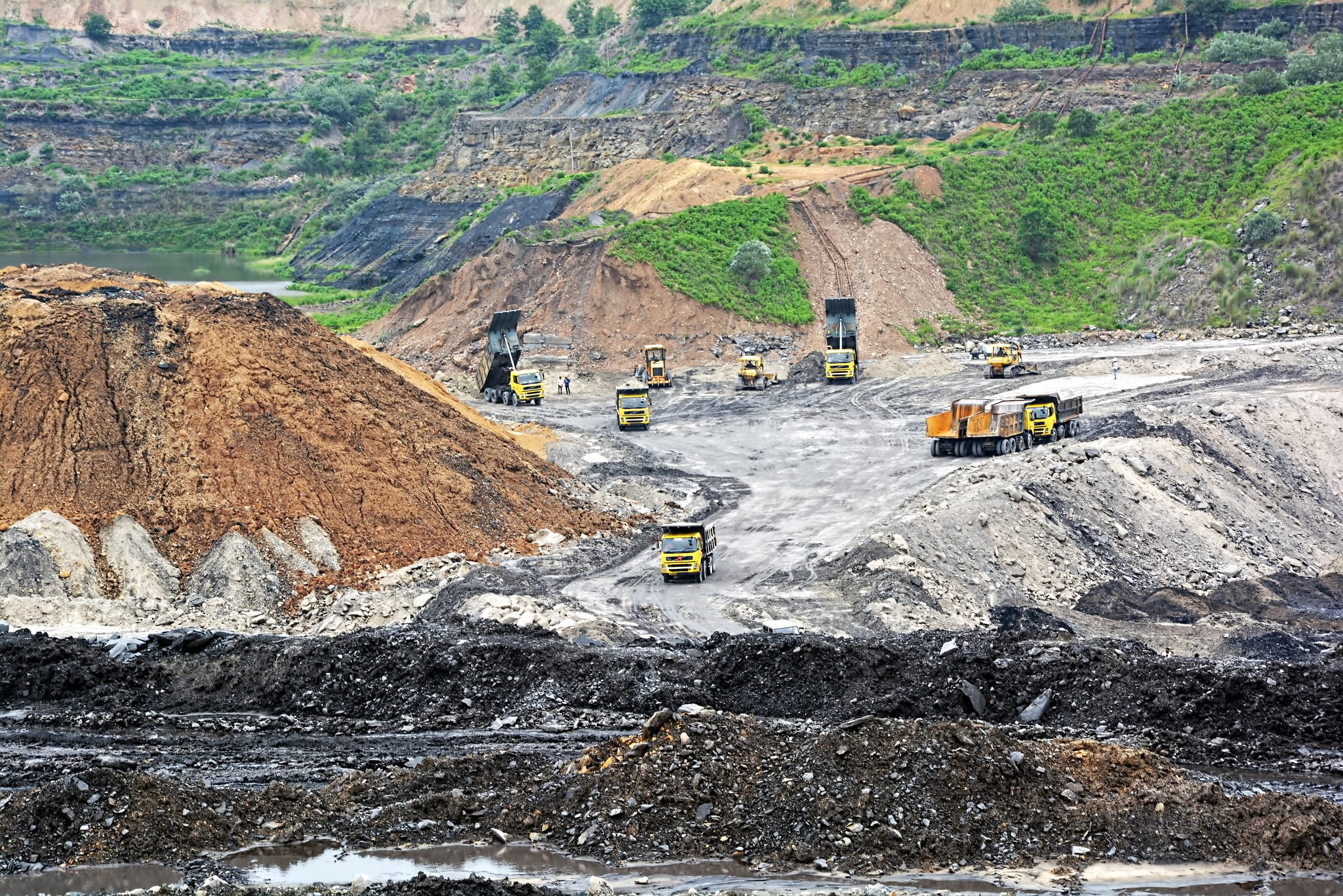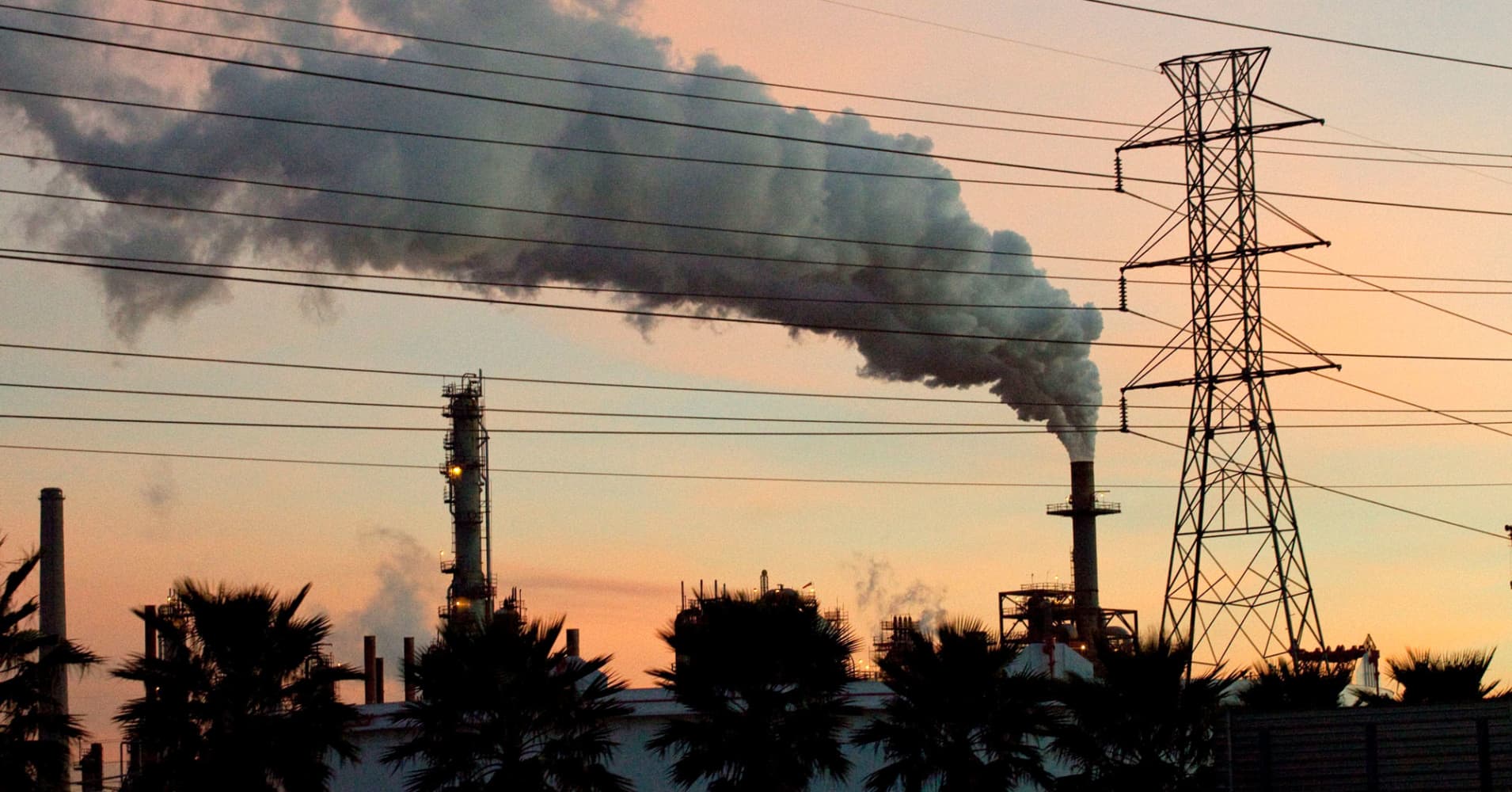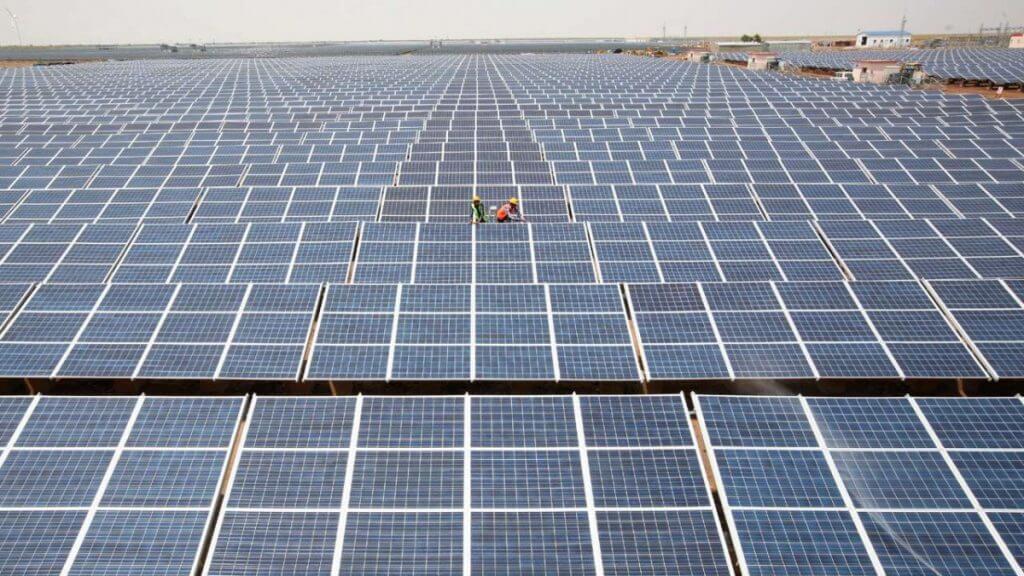Research area: Energy Transitions
Intergenerational Labour and Just Transition in Coalfields
Introduction
India’s coal dependency is more complex than that of countries in the Global North. Amidst deliberations on coal phase-down and just transition planning and strategies post COP-26, the intricacies of this dependence make any phase-down a delicate and intense socio-economic and political process. Apart from the country’s reliance on coal for energy security, this dependency is also spread across economy, especially amongst coal communities. More importantly, accounting for the impact on livelihoods and jobs of coal communities are at the core of coal dependency discussions in the country. There are two approaches to examine coal labour in India. The first is to map direct, indirect and induced employment and the other is to study formal and informal labour in the coal ecosystems. However, these studies largely focus on the magnitude of labour dependency.
Read moreSolar Rooftop Systems and the Urban Transition: Shall the Twain Ever Meet? Interrogations from Rewari, India
Summary
India is facing two major transitions. In 2040, its energy demand will double while 800 million Indians will live in cities by 2050. Situated at this intersection, this article contributes to the field of urban energy research by looking at Solar Rooftop Systems (SRS) in a district located in the extended periphery of Delhi. Using a multi-pronged qualitative methodology in a corridor made of villages and small towns, we argue that public policies are framed applying a rigid territorial grid opposing urban and rural, ignoring the motivations of both residential and professional users, which are not bounded by the rural/urban binary. This disjunction explains that renewable energy does not lead to a new imagination of urban and energy systems. These two fields remain disconnected while solar energy fuels consumption and the city expansion in its peripheries. Finally, the observed variegated urban energy landscapes (UEL) embody a land and energy intensive form of urban growth.
Read moreIndia’s just energy transition is more than a coal story
Coal extraction, dispossession and the ‘classes of labour’ in coalfields of eastern India
Introduction
Drawing upon long term fieldwork conducted in the coalfields of eastern India, the paper argues for the formation of multiple, fragmented and hierarchical ‘classes of labour’ in the ‘new public sector’ coal mines of India. Employing an intersectional lens, it shows that the organisation of ‘classes of labour’ is greatly dependent upon the differentiated negotiating powers for compensatory employments linked to pre-existing land and other social relations shaping up as ‘politics of incorporation’ in mining jobs. It demonstrates the exacerbation of socio-economic inequalities between Dalits, women and dominant caste and class communities in the dispossession process of open-cast coal mining.
Read moreWhy India’s Framework to Bank Renewable Energy Needs To Be Stronger
Migrant Workers in the Coal Mines of India: Precarity, Resilience and the Pandemic
Abstract
This article analyses the lived experiences of migrant workers in India under different regimes of coal mining and engages with their contemporary precarious labouring conditions and resilience. Drawing from ethnographic fieldwork undertaken in the Talcher coalfields of Odisha, I argue that the labouring lives of migrant workers from marginalised communities have been invisiblised in a ‘shadow economy’ of coal extraction through subcontracting and labour recruitment by local contractors working with state-owned coal companies. The process of invisiblisation has taken place at three levels: first, at the workplace which includes recruitment patterns, contracting systems and precarious labouring conditions inflicted by the employer; second, through the exclusion of migrant workers in the land and labour politics of local dispossessed communities for coal mining jobs; and finally, caused by the COVID-19 pandemic and the consequent lockdowns, observed as ‘invisible’ essential workers under the Essential Services Maintenance Act of 1981.
Read more









